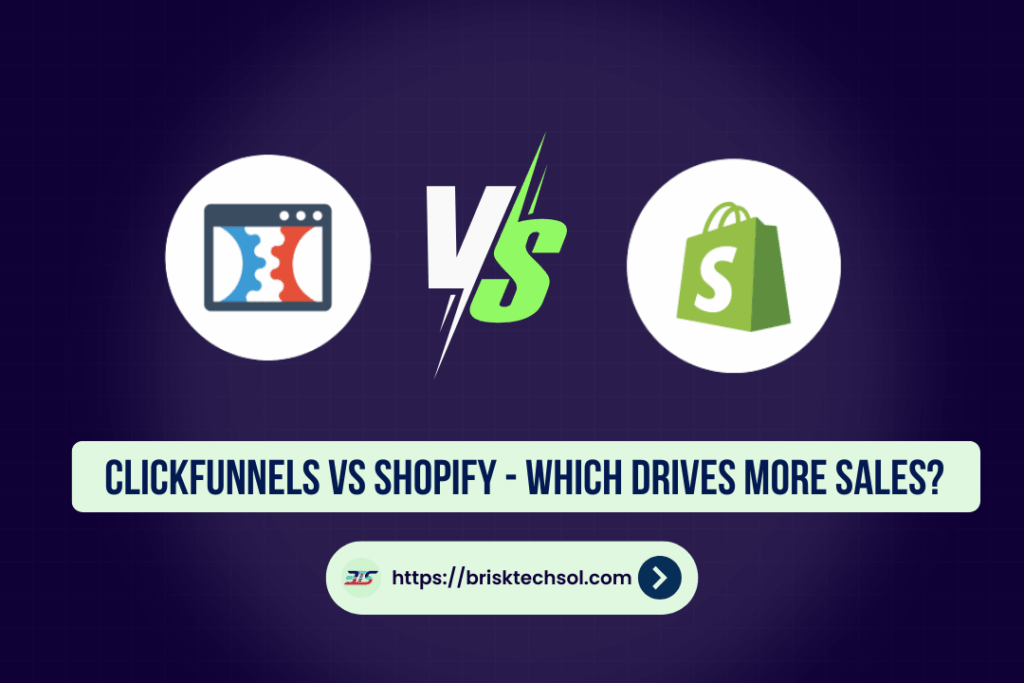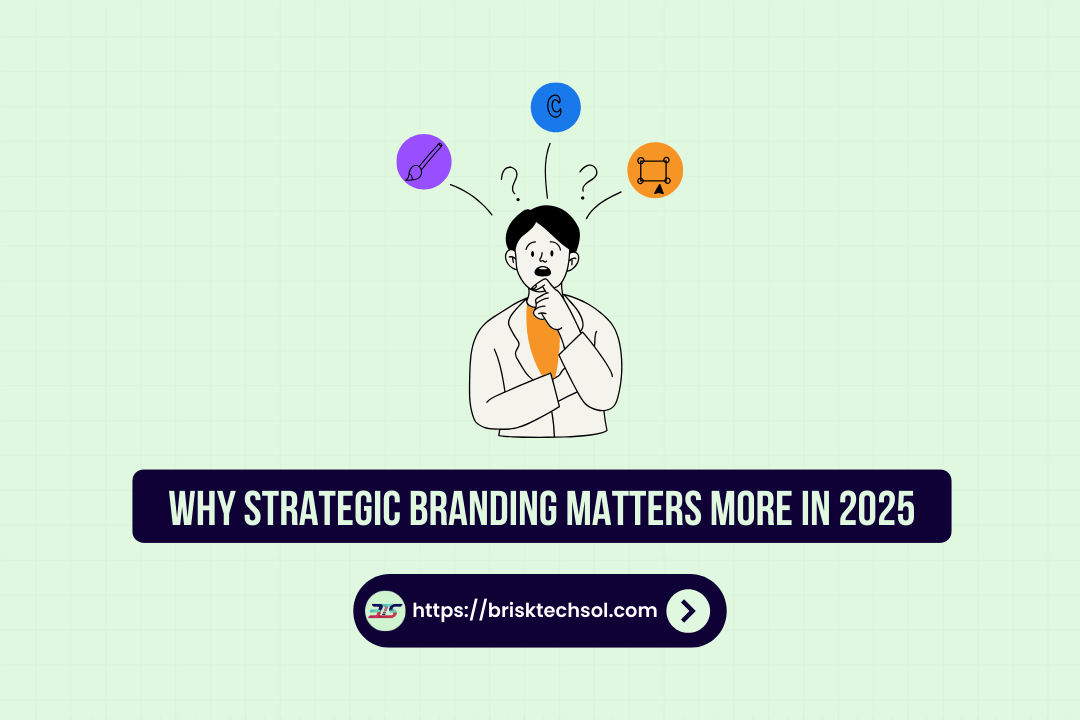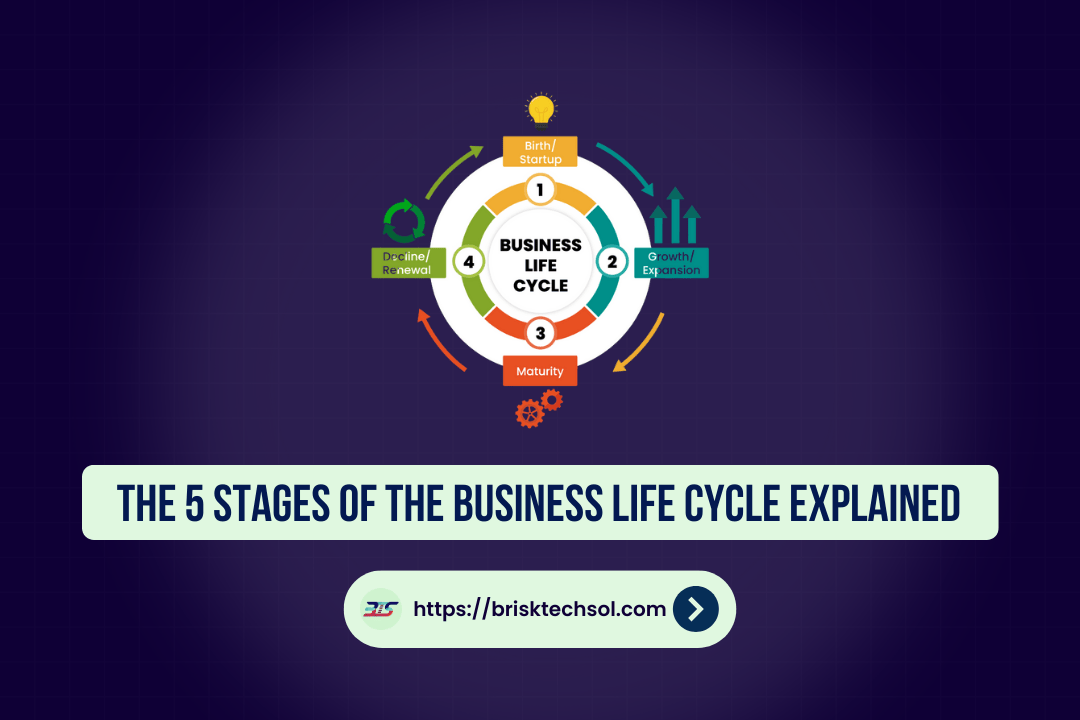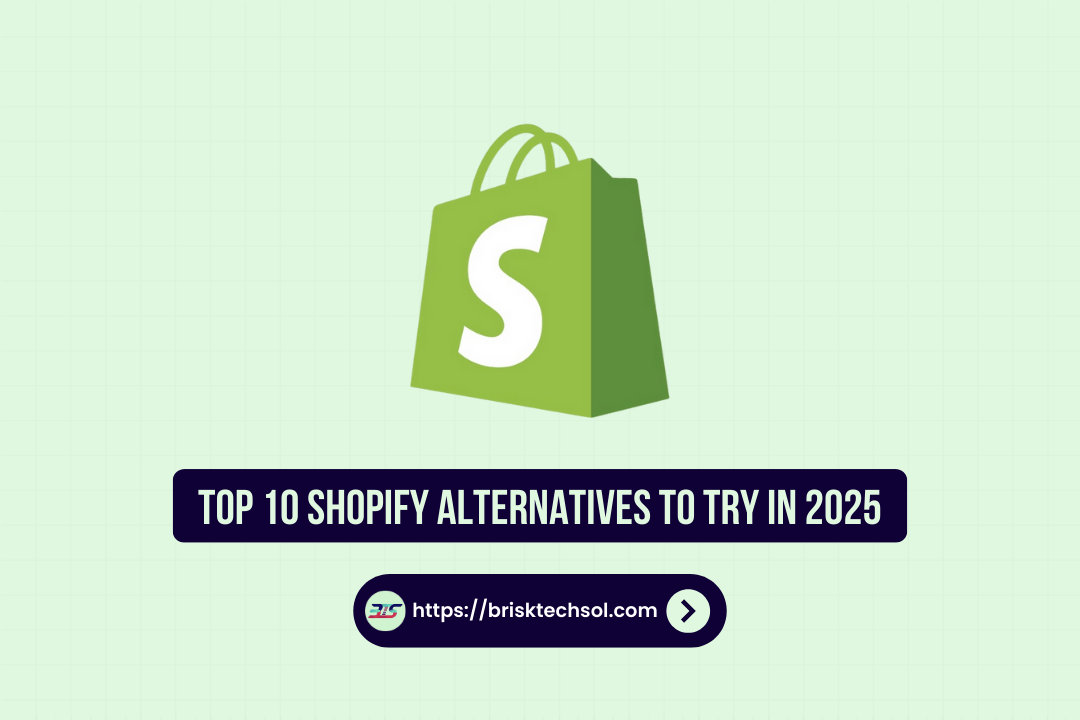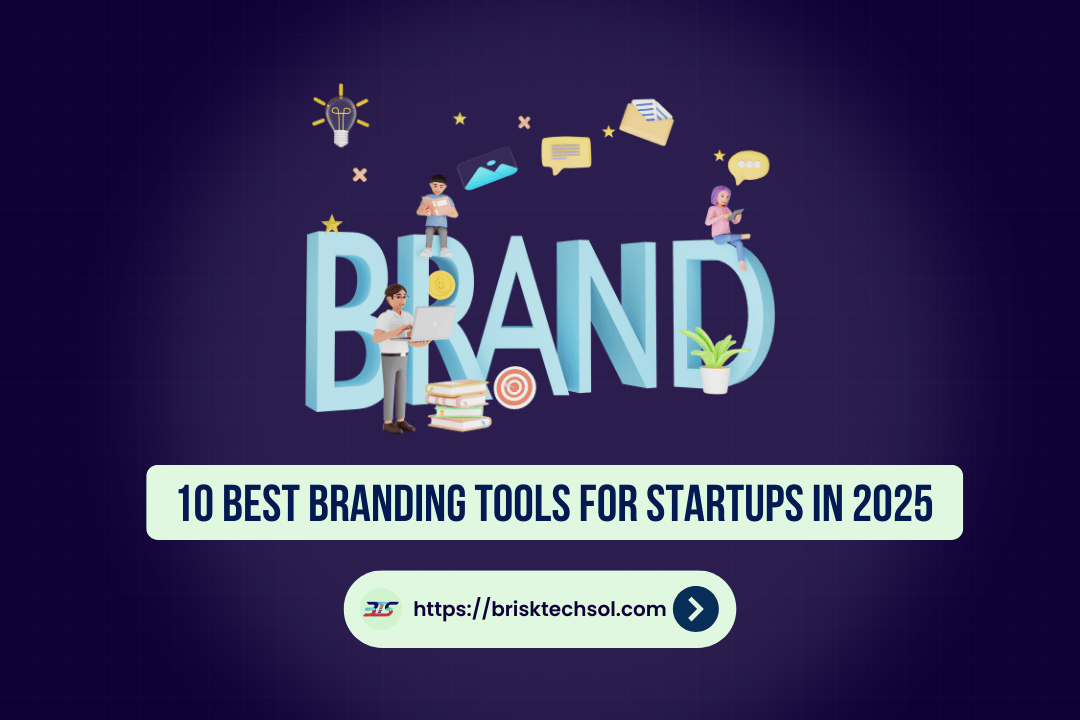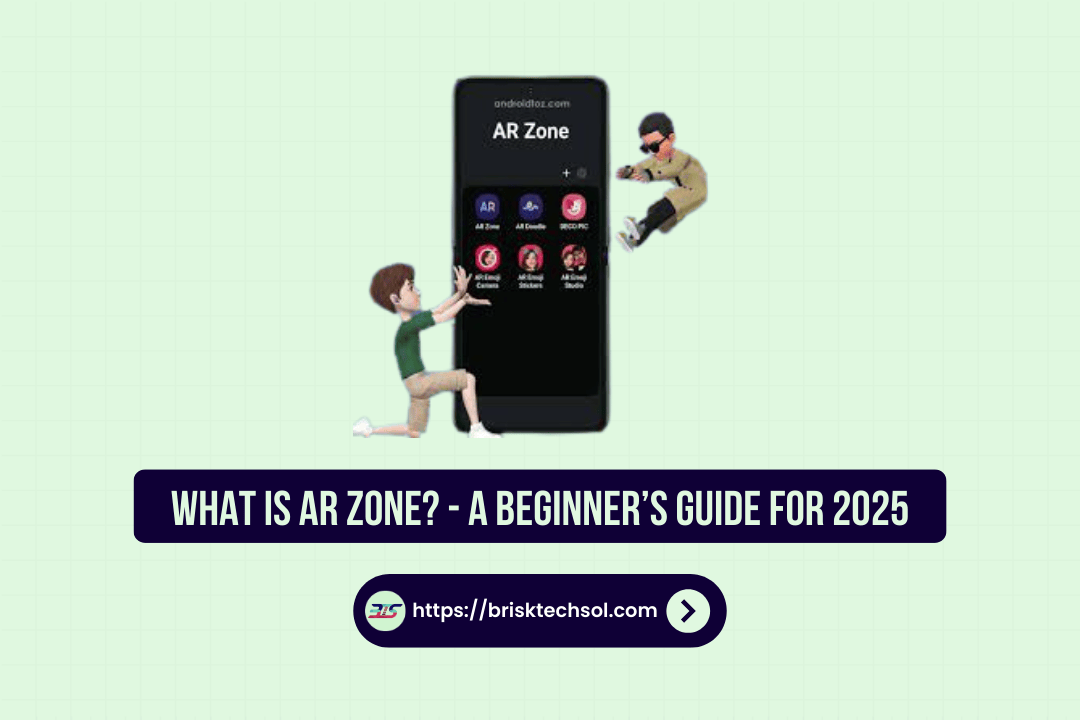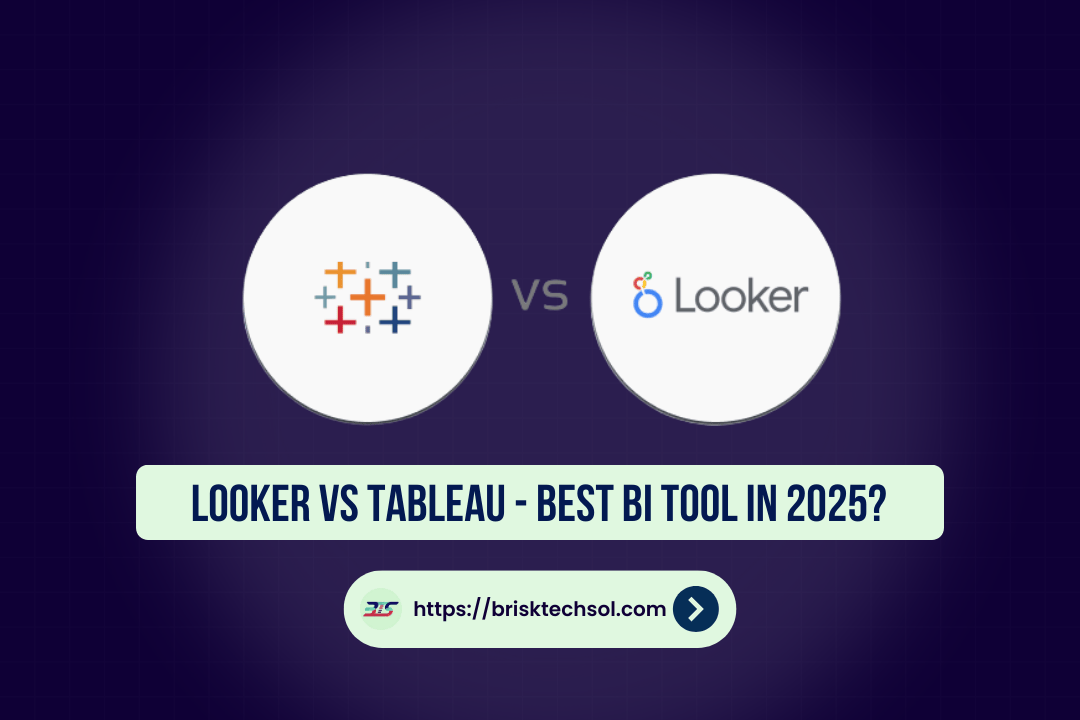Picking the right e-commerce platform can be like being at a fork in the road. You have a lot of choices that all claim to help your sales so choosing between Shopify and ClickFunnels can save you a lot of time, money, and stress. Both of these giants have their own approaches. Shopify is known for being a complete online store solution, while ClickFunnels is great at making sales funnels that convert well. Which platform, though, really brings in more sales for your needs? We’ll compare everything in this in-depth guide, from pricing and ease of use to marketing tools and scalability, so you can choose the best option for your business with confidence.
Understanding Shopify and ClickFunnels
What Is Shopify?
Shopify is a popular all-in-one e-commerce platform that makes it easy for business owners to set up, host, and run their own online stores. It comes with shopping carts, storefront templates, payment gateways, and inventory management, among other things.
What Is ClickFunnels?
ClickFunnels is a powerful platform for building sales funnels that are meant to guide potential customers through a structured sales process. It doesn’t focus on whole storefronts, but on landing pages, order forms, upsells, and follow-up funnels that are meant to increase conversion rates.
A Quick Look at the Main Differences
| Feature | Shopify | ClickFunnels |
| The main point | Online storefront in full | Sales funnels and getting leads |
| How much | As low as $39 a month | From $147 per month |
| Simple to Use | Dashboard easy for beginners to use | Build a funnel with drag-and-drop |
| Templates and themes | More than 100 paid and free themes | Templates for sales funnels that work best |
| Integration and app ecosystem | More than 7,000 apps in the App Store | 40 or more native integrations and a marketplace |
| Perfect For | Catalog stores and dropshipping | coaches, people who make courses, and consultants |
Pricing and Value Proposition
Shopify Pricing Tiers
Basic Shopify costs $39 a month and is great for new businesses. It comes with basic reports, two staff accounts, and the ability to add up to three locations.
For an extra $105 a month, Shopify gives you gift cards, professional reports, and five staff accounts.
Advanced Shopify costs $399 a month and comes with an advanced report builder, up to 15 staff accounts, and shipping rates calculated by a third party.
Extra costs to think about:
- Fees for transactions (0.5% to 2% if you don’t use Shopify Payments)
- Themes that cost $100 to $350 all at once
- $5 to $100 or more a month for apps and integrations
ClickFunnels Pricing Plans
The basic plan costs $147 a month and comes with 20 funnels, 100 pages, and space for up to 20,000 visitors.
Platinum Plan ($297/month): 9 payment gateways, 3 SMTP integrations, and as many funnels and pages as you want.
Two-Comma Club X ($2,497/month): VIP support, private coaching, and a success manager who works just for you.
Extra costs to think about:
- Masterminds and hackathons (one-time or event fees)
- Third-party tools to improve email delivery or complete CRM tasks
Which Offers Better ROI?
Shopify’s lower starting prices and powerful store features can help you break even faster if you sell a lot of different physical goods.
If you sell digital courses or services that cost a lot of money, ClickFunnels can quickly pay for itself through upsells and high-value conversions that are optimized for the funnel.
Ease of Use and Setup
Shopify User Experience
- Onboarding Wizard: Set up your store’s preferences, payment gateways, and shipping with the help of a wizard.
- Dashboard Layout: One place to go to find your way around products, orders, analytics, and apps.
- Learning Curve: Non-technical users can get it down in one day.
ClickFunnels User Experience
- Funnel Creation Flow: A step-by-step funnel wizard that lets you choose your goals, such as sales, lead generation, and so on.
- Drag-and-Drop Editor: Very visual—you can move, resize, and arrange elements without writing code.
- Learning Curve: Funnel psychology ideas may take some time to fully understand in order to be most useful.
Changes to the Template
Shopify:
- You can change more than 100 themes using the theme editor or Liquid code.
- Approach based on sections for changing the layout of the homepage.
Use ClickFunnels:
- More than 100 funnel templates that are specifically made for goals like membership sites, product launches, and webinar registrations.
- Support for custom CSS and JS for more advanced changes.
Plug-ins and integrations
- The Shopify App Store has more than 7,000 apps for shipping, marketing, accounting, and more.
- ClickFunnels Marketplace has more than 40 built-in integrations, such as Stripe, PayPal, and MailChimp. You can also use Zapier to add more connections.
Capabilities for Sales and Conversion
Shopify’s Sales Features
- Recovery of Abandoned Carts: Automatic email reminders to get back sales that were lost.
- Multi-Channel Selling: You can list your items directly on Shopify, Amazon, eBay, Facebook, and Instagram.
- Discounts and Gift Cards: Advanced rules for discounts, discounts for buying in bulk, and giving out gift cards.
ClickFunnels’ approach is focused on funnels
- One-Click Upsells: Show upsells right after checkout to raise the average order value.
- Order Bumps: Small deals on the checkout page that raise the value of your order.
- Follow-Up Funnels: Email and SMS funnels that work together to keep customers interested and drive more sales after a purchase.
A/B Testing and Optimization
- Shopify doesn’t do a lot of A/B testing with third-party apps; most of its tests are on themes and prices.
- ClickFunnels lets you do native A/B split testing for whole funnels, single pages, or parts of the funnel like buttons and headlines.
Marketing Tools and Automation
Shopify’s Marketing Ecosystem
- Built-in SEO tools include meta tags, alt text, and the ability to change the URL.
- Email marketing: Shopify Email (the Basic plan lets you send up to 10,000 emails a month for free).
- Discount Codes and Gift Cards: Offers that are only good for a limited time and seasonal discounts make people feel rushed.
ClickFunnels’ Built-In Tools
- Following-Up Funnels: Drip campaigns, actionetics for automation and tagging, and drip campaigns.
- Affiliate Management: You can make and run your own affiliate program with this Backpack feature.
- Websites and Events: Built-in webinar funnels for live or recorded webcasts.
Third-Party Integrations
- Klaviyo, Omnisend, Yotpo, and ReCharge are all Shopify integrations for subscriptions.
- ActiveCampaign, GetResponse, and Zapier are some of the clickfunnels integrations for CRMs and webinar platforms.
Design Flexibility and Customization
Themes and Templates
Shopify:
- Marketplace has both free and paid themes that are mobile-friendly.
- Themes are carefully checked for speed and good code.
Use ClickFunnels:
- Funnels that are already made for certain types of businesses (like e-commerce, coaching, and SaaS).
- Launches faster, but may need design work to make sure it stays consistent with the brand.
Page Builder Comparison
Parts of Shopify:
- Home page and key pages with modular blocks.
- You can use content blocks, galleries, and videos with “Theme Editor.”
Editor for ClickFunnels:
- Putting things exactly where they should be.
- Preview modes for mobile and desktop in real time.
Support and Community
Shopify’s Help Centers
- Live chat and email are available 24/7, and technical problems are quickly fixed.
- Phone support is available in a number of languages.
- The Shopify Community Forum has a lot of active users who share apps, tips, and pieces of code.
Customer Service for ClickFunnels
- Live Chat and Ticket System: On the Platinum plan, responses are usually given within a few hours.
- There are a lot of active people in Facebook user groups, and they know how to use the funnel best.
- ClickFunnels University has video lessons and certifications to help you master your funnel.
Use Cases and Best Fit Scenarios
Best Ways to Use Shopify
- Stores that sell more than one thing: clothes, electronics, and home goods.
- Dropshipping and Print-on-Demand: Easy integration with suppliers.
- Brick-and-Mortar Hybrid: POS integration to help with physical stores.
How ClickFunnels Should Be Used
- High-Ticket Coaching and Consulting: Step-by-step plans to check out leads and close sales.
- Digital Products and Courses: Webinars, membership sites, and subscription funnels that run themselves.
- Lead Generation: Landing pages to get prospects and keep in touch with them.
Hybrid Method?
A lot of companies use both at the same time. They use Shopify to manage their catalogs and ClickFunnels to make high-converting sales funnels, linking the checkout pages of the funnels back to Shopify to keep their inventory in sync.
Migration and Scalability
Migrating to Shopify
- Data Import Tools: You can import products and customers as CSV files.
- Help with apps: LitExtension and other apps make it easy to move data from other platforms.
- Growth Potential: You can add as many products, staff accounts, and sales channels as you want.
Switching to ClickFunnels
- Funnel-First Mindset: Instead of moving the whole store, rebuild key pages and sales flows.
- Domain Setup: To make branding look smooth, connect custom domains to ClickFunnels.
- Visitors: For cheaper plans, keep an eye out for visitor limits. As your traffic grows, you can upgrade.
Scaling Your Business
- Shopify Plus costs more than $2,000 a month and comes with dedicated support, API resources, and enough staff for everyone.
- VIP coaching, funnel strategy, and custom development are all part of the ClickFunnels Two-Comma Club X.
Security and Reliability
Shopify’s Infrastructure
- There is built-in encryption for credit card data that is PCI DSS compliant.
- Uptime of 99.98%: backups, global CDN, and DDoS protection.
- You can get free SSL certificates for all of your stores.
ClickFunnels’ Reliability
- SSL on All Funnels: Every plan comes with this to keep customer data safe.
- Cloud hosting: Amazon Web Services takes care of it so pages load quickly.
- 99.9% Uptime: Performance was tracked with backup servers.
Performance and Speed
Time to Load
- Shopify has been speeded up by compressing images and loading them slowly.
- It depends on how complicated the funnel is, and custom scripts may make pages load more slowly.
Web hosting and CDNs
- Shopify: Global CDN caches assets on its own.
- ClickFunnels: Integrates with Cloudflare for fast delivery around the world.
Data and Analysis
Analytics for Shopify
- Dashboard Metrics: Sales in real time, traffic sources, and how customers behave.
- Reports: More expensive plans come with tailor-made reports on sales, products, and customers.
- Full e-commerce tracking and better e-commerce support with Google Analytics integration.
Insights from ClickFunnels
- Tracking the number of sales at each stage of the funnel, the average order value, and the number of cart abandonments.
- Actionetics: Use tags and groups to make drip campaigns more personal.
- Third-Party Analytics: Google Analytics, Mixpanel, or Kissmetrics are all easy to connect and use.
Pros and Cons
| Facet | Pros of Shopify | Cons of Shopify |
| Running a store | Strong inventory management and sales through multiple channels | Fees for transactions if you don’t use Shopify Payments |
| Simple to Use | Easy-to-use dashboard and setup instructions | Few native funnel features |
| Flexibility in design | Liquid code lets you make changes to hundreds of themes | Changing the theme may need help from a developer |
| How much | Lower point of entry | The cost of apps and paid themes adds up fast |
| Facet | Pros of ClickFunnels | Cons of ClickFunnels |
| Optimization for Conversion | Upsells, order bumps, and A/B split testing are all built in | More money each month |
| Specialization in a funnel | Templates for all kinds of funnels | It’s not great for big catalogs of products |
| Automation | Follow-up funnels that include email and text message | Not enough native inventory management |
| Training and Community | A lot of university courses and credentials | How long it takes to learn funnel psychology |
Conclusion
Shopify and ClickFunnels have both been shown to increase sales, but they are used for different things. Shopify is the best choice if you want to sell a lot of different things and need a strong storefront that lets you keep track of your inventory perfectly. On the other hand, ClickFunnels may help you get more sales and conversions if you have high-value services or digital products, or if you want to improve every step of the customer journey with upsells and follow-up funnels. When it comes down to it, your business model, budget, and growth strategy will determine which platform you choose (Shopify or ClickFunnels).
FAQs
Which platform is better for having a lot of products?
Shopify is the best choice for large product catalogs because it is great at managing thousands of SKUs, listings on multiple channels, and inventory.
Is it possible to use Shopify and ClickFunnels together?
Of course! A lot of merchants host their main store on Shopify and use ClickFunnels for landing pages and sales funnels that are more specific.
Shopify and ClickFunnels both have transaction fees. How do they compare?
If you use an outside payment gateway, Shopify will charge you 2% on the Basic plan and 0.5% on the Advanced plan. ClickFunnels has no extra platform transaction fees and only charges fees for processing payments through Stripe and PayPal.
Do you need to know how to code to change how themes or funnels work?
Not at all. Both platforms have drag-and-drop editors and templates that are already made. But if you know how to use Liquid (Shopify) or CSS/JS, you can make more complex changes.
Which platform has better customer service?
24/7 chat, email, and phone support are all available from Shopify. ClickFunnels has a Facebook community and live chat and ticket support. Support for higher-tier plans gets answers faster.
Are there any third-party apps I need to send emails?
Shopify has a basic email tool that lets you send up to 10,000 emails per month for free. However, apps like Klaviyo are popular for more advanced segmentation. Thanks to Follow-Up Funnels, ClickFunnels already has email automation built in.
As a business grows, which platform can handle more users?
Shopify Plus has resources, APIs, and support just for enterprise retail. There is VIP coaching in ClickFunnels’ Two-Comma Club X, but it’s more about funnel strategy than store scalability.


